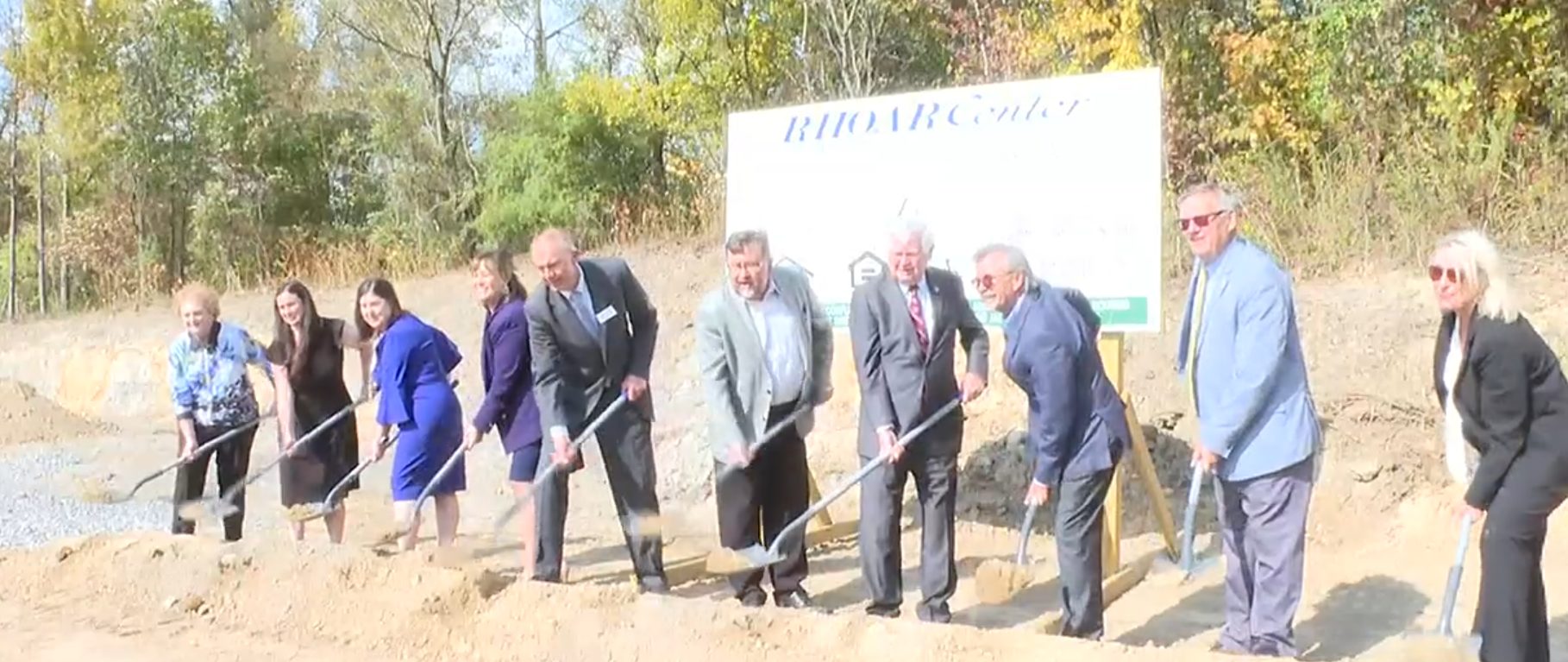https://www.wymt.com/2022/10/13/officials-break-ground-new-womens-recovery-center-middlesboro
BELL COUNTY, Ky. (WYMT) – A new women’s long-term recovery center is coming to Middlesboro.
When completed, the Cumberland River RHOAR Center will house 112 women in recovery from substance abuse.
Several local and state officials attending the groundbreaking ceremony of the center in Middlesboro on Wednesday.
“These women will be able to get an education and start to build a career, and not only reunite with their kids, but have a sustainable life that will enable them not to reuse,” said former Kentucky Governor Ernie Fletcher.
Fletcher was a major figure in getting the project green-lit.
“So what this program will do, will impact pregnant and parenting women and you get multiple generations that way. It’s reuniting mothers with their kids who may have been separated because of their substance use disorder,” said Fletcher.
Congressman Hal Rogers, Lieutenant Governor Jacqueline Coleman, Bell County Judge-Executive Albey Brock and Middlesboro Mayor Rick Nelson were also in attendance.
“It will help over a hundred families with recovery, and it’s about a $14 million project but more importantly, you can’t put a value in dollars on recovering, to help the families of those that are addicted to drugs,” said Nelson.
The project is expected to be completed by late 2023.
